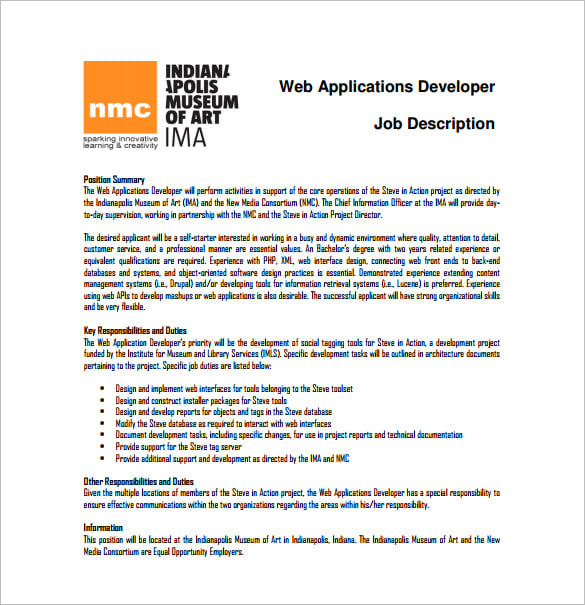
Staffing agencies scrape job boards to keep their job databases up to date.Īnd trust me, these are only the tip of the iceberg, job data create values in more unexpected ways.Finding leads by pitching your service to companies that are hiring for the same.Tracking competitors’ open positions and compensations to get yourself a leg up in the competition.Collecting data for analyzing job trends and the labor market.Fueling job aggregator sites with fresh job data.

These needs for online recruiting resources give rise to the business of job boards and job aggregator websites. This kind of aggregator website is really making money. How Job Scraping Data Used?Īccording to the report made by Gallup, 51% of employees keep an eye on new opportunities online and 58% of job seekers look for jobs online. In recent years, social media recruiting has become an essential way to seek quality hires as well. From all these sources, job scraping can easily get you information such as job title, job description, location, and compensation. Where to fetch job data? Company’s career pages, giant big boards like Monster, Glassdoor, or Indeed, personal job aggregator websites, and job portals serving all sorts of niche markets are important sources for people who are applying for job scraping. Job scraping is the use case of web scraping in the job area and job data parsing, analysis, and managing may come after the extraction process is done.

This automated way of extracting data from the web helps people get job data efficiently and build a resourceful job database by integrating various data sources into one. Job scraping is to gather job posting information online in a programmatic manner. These will help you have a better understanding of job scraping. In the beginning part, we will give an introduction to the concept of the job posting, how can scraped data be used, and the scraping challenges. In this sense, scraping job postings data helps not only institutions and organizations but also individual job seekers.

This is especially true when most cities around the globe face rounds of lock-down and more jobs shift to a remote mode since COVID-19. The online job market has undoubtedly overridden in-person hiring activities.


 0 kommentar(er)
0 kommentar(er)
